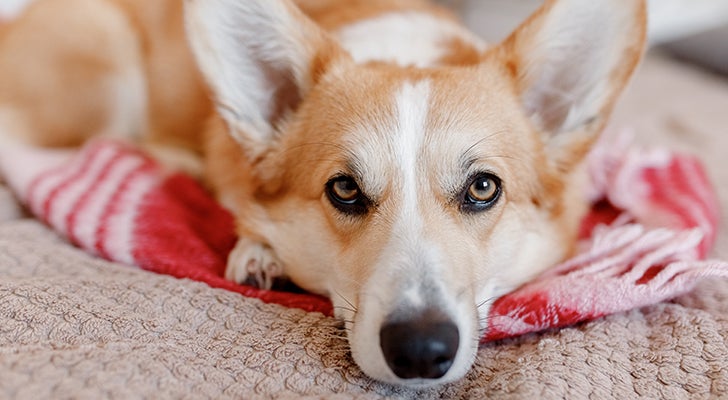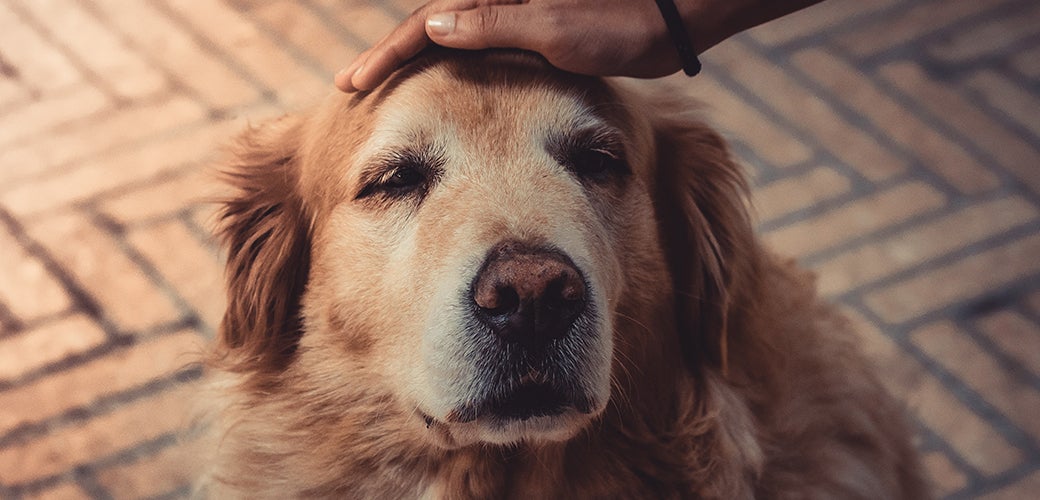Dogs age just like us humans and need increased care and attention. Find out how to keep your canine companion happy and comfortable as they age.
We are all familiar with the cycle of life and are aware we must face high and low points at some stage – both for ourselves and those we love. Just as aging affects humans as we mature from birth to old age, it also affects our beloved pets.
Dogs grow to become important members of our family, sharing in our joy and comforting us in our sadness. Every dog we love will hopefully grow to become a senior and enjoy a long, healthy and happy life. It is our responsibility as pet owners to provide them with the care they need during their senior years.
Older dogs have different needs to adolescent dogs and puppies. For example, their sight and hearing diminish and their joints become less mobile. You may begin to notice that your pet begins to have less energy as time passes and their organs begin to work less efficiently.
Just as older humans become more at risk of contracting dementia, Alzheimer’s or other condition associated with ageing, dogs of advanced age are more likely to contract kidney or liver disease, along with other health conditions. Their lifestyle and genetics are an important part of determining when your dog specifically will begin to need extra care.
Diet is a crucial part of a dog's health, especially for an older dog who needs carefully constructed meals to supply their nutritional needs. There are many dog food brands that supply specially made food for senior dogs, so it’s important to research the best option and feed this to your elderly companion.
Having an elderly dog in the house will likely mean making a few adjustments so they can live their lives with dignity and happiness. Older dogs are often affected by arthritis, joint or eyesight problems, which means they may have difficulty jumping onto a bed or couch at night. Creating a comfortable and easily accessible bed is essential, as well as making sure they have easy access to food and water.
Most dog owners are guilty of not following through with dental care for their pet, so it is fairly common to see older dogs with missing teeth. To avoid this and maintain dental health, brush your dog's teeth regularly with a pet safe toothpaste - it is a good practice to start this early in your pet's life so they get used to it. If your dog's mouth begins to smell, take him to the vet for their opinion.
As your dog ages, it may be difficult to witness the changes that aging may bring but geriatric dogs need their owner's companionship or they may start feeling anxious. Your presence in their life will help them live a productive and blissfully happy life, even far into their geriatric days.





